Classic movie antagonists who were actually pretty much right all along
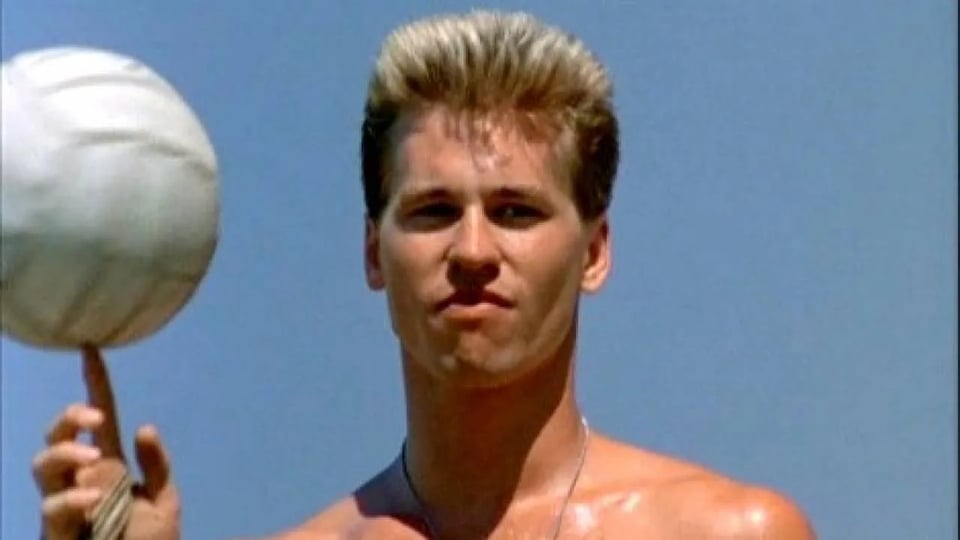
If you haven’t seen Top Gun in a while…
I strongly recommend it. It’s one of those movies — a lot of movies from the 1980s feel this way — that didn’t hold up for a long time, but now it does. People grow, times change; you gain new perspective and learn to appreciate different things about both movies and the times that produce them.
For about twenty years, Top Gun was influential but embarrassing. In the 1990s, while Tom Cruise crossed over from loveable rascal to the biggest action star in the world, his breakout movie seemed like a bundle of Cold War clichés tacked onto a mix of lifeless romance, unfortunate haircuts, and an undeniable homoeroticism that was somehow strangely sterile. Why are the Russian pilots totally faceless? we asked. Is it so we don’t care when they die? Are Iceman and Slider gay, or are they super-gay? Look everybody, it’s Meg Ryan and that dude from ER!
By the aughts, Cruise was still the biggest star in the world, but also the creepiest. We’d moved on, movie-wise, from military fantasies starring young heartthrobs to military fantasies starring younger heartthrobs, with superpowers and/or magic. And the anonymous Russians were replaced first by anonymous Arabs (which was and is fucked-up) and finally by fully-dehumanized monsters, zombies, and robots. You can watch Orlando Bloom kill those with his bare hands and barely feel a thing!
But today, in the 2010s, Top Gun is a treat. It’s as clean and shiny as a new dime. The clichés that later action films overloaded with world-building and backstory here present themselves unadorned, in all their purity. Cruise is just so charming, brimming with so much energy, it doesn’t matter that he doesn’t really know how to act yet. A bunch of Navy aviators singing Righteous Brothers in the bar looks like fun. Now that pilots, airmen, and aviators can serve in the US military openly without anyone asking who they sleep with, it’s super that Iceman and Slider might be gay. And guess what?
Maverick is kind of a jerk. Iceman is totally right about him.
In fact, Iceman is right about almost everything.
We didn’t notice this right away in the 1980s because everything about how the film is constructed tells us to sympathize with Maverick and hate Iceman’s guts. Even if you’d loved Val Kilmer’s characters in Top Secret! and Real Genius, it’s hard to sympathize with Ice. He’s blond. He’s vaguely preppy. He’s good, and more importantly, he knows he’s good. He does that jaw-snapping thing (which seems like it’s trying to be intimidating but is actually kind of hot). The only way he could be more obviously a villain is if he were played by James Spader or Billy Zabka.

Apart from teasing his competition, Ice doesn’t seem to have much fun. And if Generation X’s childhood movies share one lesson, it’s that People Who Have Fun Are Inherently Good, and people who believe in rules are inherently bad. Animal House, Caddyshack, Meatballs, Ghostbusters, Grease, The Outsiders, The Goonies, Beverly Hills Cop, Revenge of the Nerds — no matter how skeevy they are, joke-cracking characters looking for good times beat authority figures and uptight stooges hands down.
If Generation X’s childhood movies share one lesson, it’s that…
People Who Have Fun Are Inherently Good.
Here are just a few other classic movie antagonists who we root against not because they’re wrong per se, but mostly because they’re just not as likable as the characters who carry the movie. Let’s call it “The Iceman List.” (If you’re convinced I missed a crucial character who needs to be defended, log in and add their name and your defense in a response at the bottom. I have a feeling this list could be miles long.)
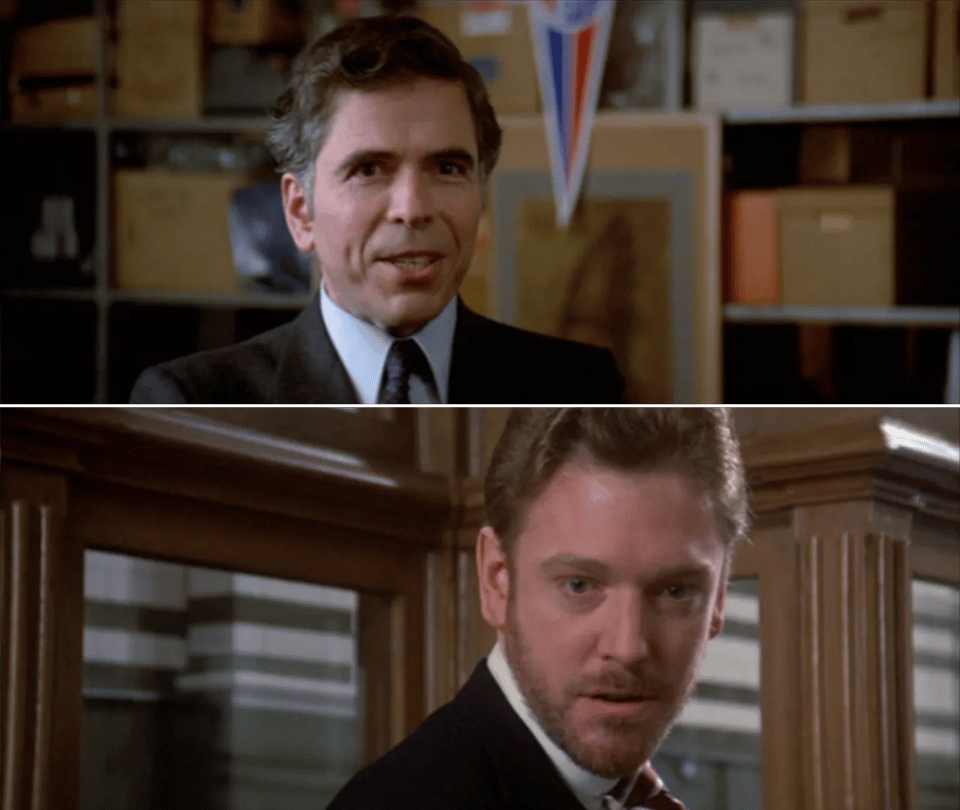
- Dean Yeager and Walter Peck, Ghostbusters. Let’s face it — whatever the merits of Doctors Egon Spengler’s and Raymond Stanz’s pure and applied research, Peter Venkman really is a poor scientist. He hits on student volunteers, tortures the ones he’s not attracted to, and lies to both of them — poor data collection practices all. His methods are sloppy, his conclusions are highly questionable, and he does seem to regard science as some kind of dodge or hustle. He’s a con man, not a scientist, and not a good professor, no matter how popular his courses might be.
If this movie were being made today, Venkman would obviously have a huge external grant and he could tell Dean Yeager and Columbia’s Board of Regents to suck eggs.
As for the unfortunately named Mr. Peck — poor William Atherton, stuck being the asshole in Ghostbusters, Real Genius, and Die Hard, with Sugarland Express being the one Spielberg movie nobody remembers — while it was clearly a mistake to shut off the containment grid, he is not only permitted but bound to make inquiries as to the environmental consequences of storing thousands of ghosts in an abandoned fire station in lower Manhattan. I mean, what kind of Reaganite propaganda play is this where the only non-supernatural villains are university professors and officials from the EPA just trying to do their jobs?
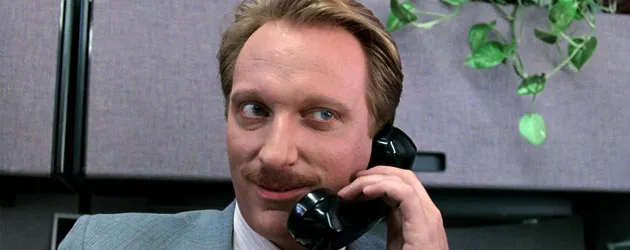
- Ed Rooney, Dean of Students, Ferris Bueller’s Day Off.** Excused or otherwise, nine absences in one semester is indeed rather troubling. When he finds out Mr. Bueller’s mother has no idea he’s been absent that many times, it’s perfectly appropriate for him to follow up. Admittedly, Dean Rooney takes Bueller’s latest elaborate con rather personally, but to be fair, not only does he have the welfare of other students to consider, but he watched Bueller’s absence count go from nine to two before his own eyes. He probably thinks either his entire data network’s been compromised or he’s losing his mind.

- Leona Barrett, Lean On Me. Dismiss her if you want because her child is one of the alleged three hundred drug dealers and other “rotten apples” expelled by new principal Joe Clark on his first day. She’s a parent/activist who seems genuinely committed to getting the best possible outcome for all the children of Paterson. She’s also absolutely right: keeping every entrance and exit chained and locked is an unconscionable fire hazard and Clark never should have done it.
What happened this morning is an outrage! My boy’s no criminal! He and those children belong in school, not back out on the streets! Our kids don’t deserve this! Some of those children are smart. They’re just discouraged. What chances they got out there, what kind of jobs they got waiting for them. What chance do they have now? He insulted the black football coach! The man’s gone crazy! He’s declared war on his own people!
The only answer Clark gives Barrett and other parents when she challenges him on the mass expulsions is to tell them to get their families off welfare. “How dare you talk to these people about welfare?” she responds. (Psst — she’s right. Clark’s just dropping a tried-and-true respectability red herring.)
In Lean on Me, Clark also installs a weird paramilitary security force answering only to him, encourages a student to commit suicide, bullies the music teacher out of a job because the school’s worst students don’t know the school song, unilaterally demotes the head football coach to assistant over the team’s record (going on to belittle him every chance he gets, only relenting when the coach/English teacher fights him physically) and puts the entire school to work full-time on drills to pass a basic skills test, largely just so that he can stay in charge. So Joe Clark’s “victory” may have been eerily prescient of where public schools were heading, but it certainly violates everything we know about what constitutes good education.
But he’s Morgan Freeman. And he cares. Or something.
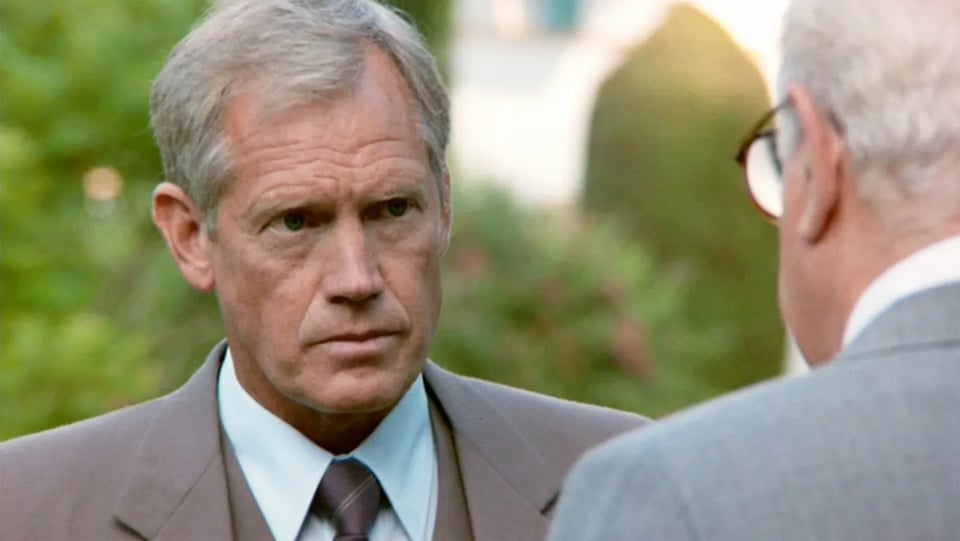
- Lieutenant Andrew Bogomil and Inspector Douglas Todd, Beverly Hills Cop. Even before the end of the movie, you get to see that Bogomil’s a talented cop stuck with an even more insufferable boss, but BHC is a classic case of “I like this guy so I have to root against these other guys in his way”-itis. Rewatching it, the key scene is when Sgt. Taggart punches Eddie Murphy’s Axel Foley. Bogomil sees it, reprimands Taggart, makes him apologize, and asks Foley if he wants to charge Taggart with assault. Axel Foley looks at Bogomil like he’s out of his mind, asks if he’s joking, and finally says, “look, we’re I’m from, cops don’t file charges against other cops.”
Bogomil’s 100 percent right. Axel’s position, with which we’re encouraged to identify, boils down to “stop snitchin’.”
As for Inspector Todd, look — I grew up in Detroit, and I love Gil Hill. He was a police officer, a city councilman, and even showed up in car commercials. That man’s words burn a hole through my movie screen. Mostly, though, Todd and Bogomil are right about Foley. For his own good, he needs to be kept in check.
Just like with Tom Cruise, there’s no denying how cool Eddie Murphy is in Beverly Hills Cop. Foley’s normcore look 30 years ago is basically how 90 percent of us still dress today. There’s something sadly timeless about seeing him get arrested for vandalism after getting thrown through a window. But as you get older and you see a few things, search warrants and proper authorization and identification of third-party police agents start to seem pretty cool too.
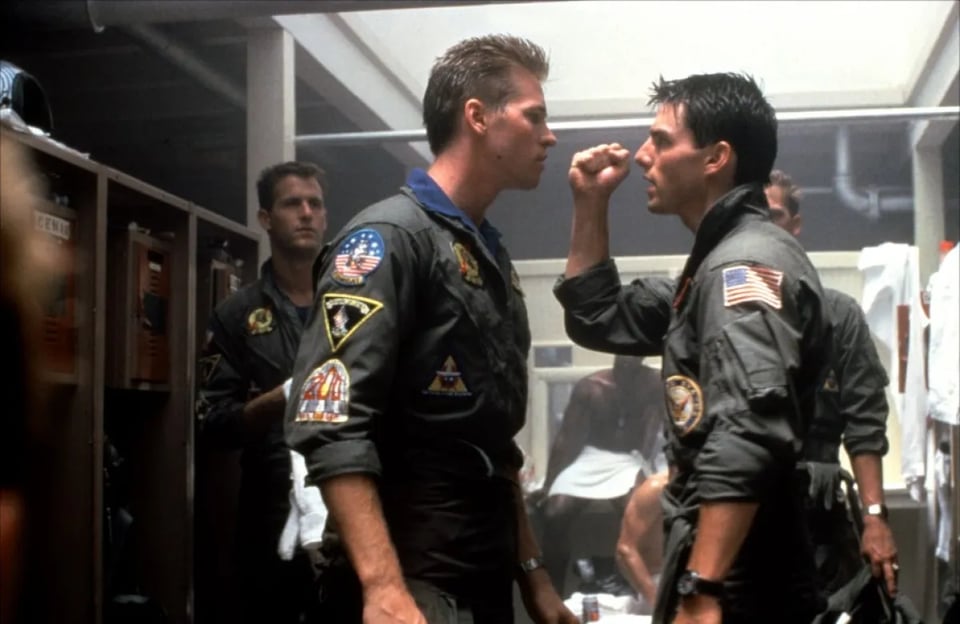
Iceman: You two really are cowboys.
Maverick: [angry] What’s your problem, Kazansky?
Iceman: [turns] You’re everyone’s problem.
That’s because every time you go up in the air, you’re unsafe.
I don’t like you because you’re dangerous.
Maverick: [snaps] That’s right!
[smiles] Ice… man.
I am dangerous.
Like Axel Foley, Top Gun’s Maverick is clearly talented, has great instincts, and is a loyal friend. But at least Axel Foley is motivated by some sense of justice, in the form of arresting the bad guys. Maverick’s motivations are murky as fuck. The stuff with his dad and Viper in Vietnam doesn’t really make any sense. I guess he’s into Charlie (Kelly McGillis, his love interest), but he seems initially into her just because she poses a challenge and doesn’t listen to her or treat her particularly well after that. His grieving after Goose’s death feels a little like going through the motions, and his PTSD-like symptoms afterwards seem to be driven mostly by a sudden awareness of his own fallibility than anything else.
Now, in a long list of movies that could have made us sympathetic to psychological trauma borne by members of the military but went out of their way to do the opposite, reframing psychological distress as cowardice/incompetence/weakness, Top Gun is way, way up there.
But given the circumstances, Iceman’s concern for Maverick and the safety of his fighter unit is totally understandable. He tries, however awkwardly, to discuss Goose’s death with Maverick. There’s no discussion of blame. And when they’re assigned to fly into combat together, Iceman briefly and discreetly raises the issue of Maverick’s fitness to fly with his superior officer and withdraws his concern once a decision is made.
I confess: I’m making the case as best I can, but I don’t know if Iceman is perfectly right here about any of this, either from a psychological or a military standpoint. I’d bet there are nuances I’m missing, and I’m sure he could have handled all of it better.
I just know that when I was a kid, I was convinced that Ice was being a total asshole for no reason other than to stick it to Maverick, and when I watched it again, this seemed way less obvious.
It turns out that I like 1980s Tom Cruise a lot more today than I did ten years ago, but I like the character he plays a lot less. Young Tom Cruise is almost a different person from present-day Tom Cruise. It’s a little like how we got to enjoy young Michael Jackson again after old Michael Jackson died. Maverick, on the other hand — his arc is closer to John McCain’s, that other pilot who took up the character’s call sign as his own political identity. Yes, we admire the idea of it, the swagger — but on close inspection, the whole performance just falls apart. Even the parts that cohere don’t seem like anything I want to endorse.
America has had enough cowboys.
Justin Reedy on Twitter
@tcarmody Re-watching that movie now I totally come away with the sense that Iceman is a reasonable colleague who is justifiably concerned.
From the beginning of the movie to the end, Iceman seems like the kind of pilot I want operating a fighter plane, whether it’s the Cold War or tomorrow. He’s not concerned with scoring points or showing off. He isn’t going to pose with the enemy. He’s not going to unnecessarily antagonize anybody or raise the geopolitical temperature. He wants to win, and to bring everyone back alive. He’s just really good at what he does.
Maverick, on the other hand — okay, he scratches three MIGs to Iceman’s one in the final dogfight. But he also seems like he might be a self-obsessed sociopath who should probably be in treatment and definitely needs to learn how to act his age.
In other words, Maverick really sounds an awful lot like present-day John McCain. Or for that matter, present-day Tom Cruise.
You just read issue #181 of Backlight. You can also browse the full archives of this newsletter.
